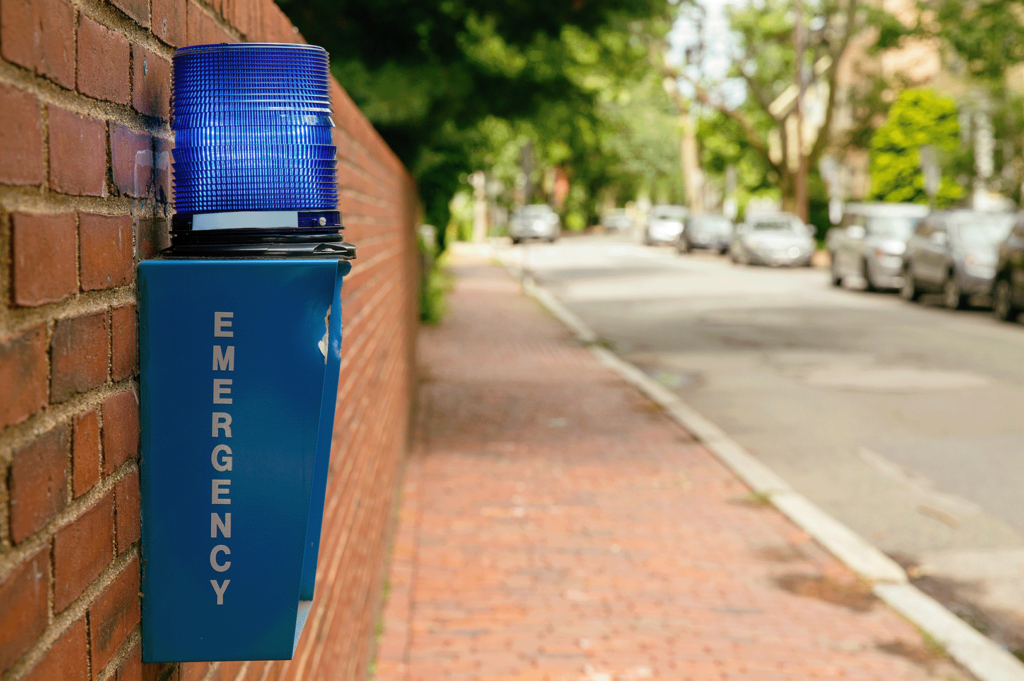Introduction
Nestled within the hallowed halls of an elite private university lies a vibrant community—a tapestry of students, faculty, staff, and campus police officers united by a shared commitment to learning, growth, and mutual respect. Yet, beneath the veneer of academic excellence lies a pressing concern—a need to ensure the safety and security of all community members, particularly those from underrepresented minority groups. With a desire to foster an environment of inclusivity and support, the university embarked on a journey to gauge the sentiments and experiences of its diverse campus community, paving the way for recommendations to improve safety and security protocols.
The Problem
An elite private university wanted to gauge the experiences, sentiments, and opinions of a wide range of campus community members in order to inform recommendations to improve university safety and security protocols. Prior to conducting qualitative research, a quantitative survey conducted by the university unveiled an appetite from the campus community, especially members of underrepresented minority groups, to reimagine the responsibilities and functions of campus police, particularly in regard to mental health responses and the armament of officers.

Our Approach
We conducted a 5-day online community and 12 focus groups with a cross-section of students, non-faculty staff, faculty, and campus police officers to understand feelings of safety and concerns on and off campus; perceptions of campus police generally; and personal experiences interacting with campus police officers. The discussions also explored thoughts and opinions around current campus safety policies and the responsibilities of campus officers, as well as the ideation of future possible policies and protocols. Focus groups were segmented by race with in-group moderators to allow for an atmosphere of expressive freedom.
The Solution
We learned that although overall, most of the university’s community feels safe and are appreciative of the campus police officers, there is profound concern about experiences where officers have responded with bias toward students of color or other underrepresented minorities. The community is also wary of officers being armed at all times and that they are responsible for responding to calls regarding mental health issues. Campus community members put forth potential policy changes and initiatives to improve campus safety as well as considerations to help guide the administration in their processes and implementation.



